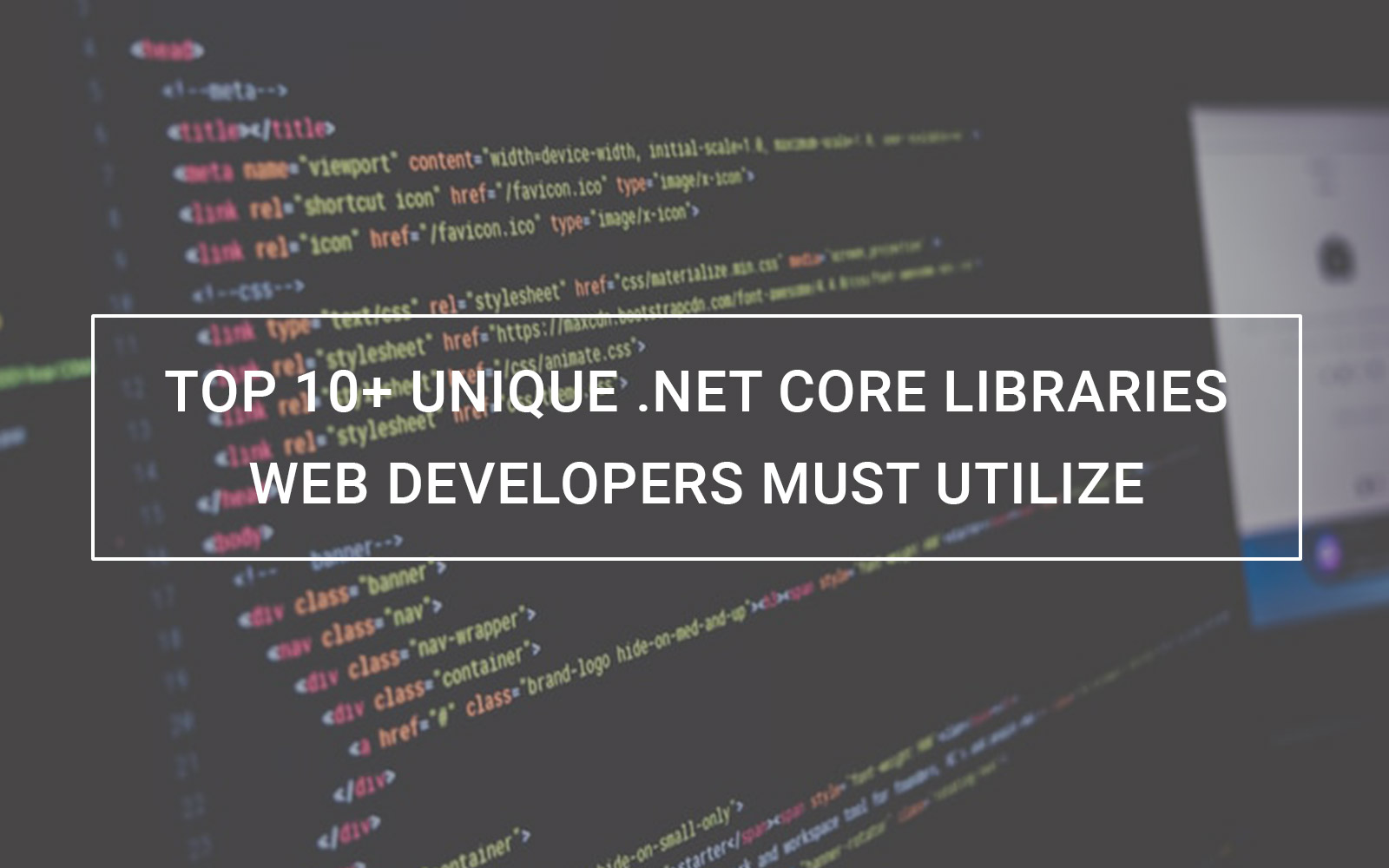YII is a PHP-based open-source, object-oriented, and secure web application development framework. It offers MVC architecture, jQuery, AJAX widgets, validation mechanisms, etc. Know more about…
Want to start your own website? You might have come across people, videos, or articles suggesting to use a CMS system for starting a website. This may have made you wonder what is CMS? What are the best CMS platforms to develop your own personalized website? And why go for CMS website development services?
Questions like this need proper answers from experts. And the marketing experts at MCS Ventures have done an extensive research to answer your questions and bring to you the best CMS platforms for the upcoming year. So, without any further ado, let’s get started.
What is CMS? – Content Management System
The full form of CMS is the Content Management System. As the name suggest a CMS is a computer program to generate, store, modify, publish, distribute, manage, and archive the content in various form. CMS streamlines the whole process of publishing and managing the content on the web in a more orderly fashion.
The evolution of the internet has also revolutionized the CMS platform. Thus, the modern-day CMSs have much more capability than just managing and publishing content. The CMSs of today allow you to properly structure your content, index it, change it or format it using visual editors. Also, you can expand them to have the eCommerce and other functionalities by integrating tools.
CMSs are often confused with the website builders. Website builders are nothing but a tool that allows you to build your website without using coding. Mostly, they have drag and drop editors to accomplish the tasks. However, this functionality can be availed in the CMS too with the help of a specialized tool to design modern and responsive CMS websites.
This kind of CMS is the best and one-stop destination for everyone to craft a stunning CMS website to publish and manage content. With the help of plugins or extensions, you can have additional features to make your website more interactive.
What is the use of CMS?
Many think that CMS is used only for publishing blogs and articles. And that is true for most CMSs because they were initially built for blogging. But now many of the CMSs offer high customization capability due to their evolution over the years. For instance, WordPress that accounts for over 35% of the web is now used for blogging as well as for eCommerce and other purposes.
CMSs these days are becoming more and more flexible and many use them for disparate project types. But as the name suggests, CMSs work best when content is needed to store and share across other platforms. Thus, it is ideal for simple blogs, tutorial sites, news sites, portfolios, and other websites. Also, with some customization and tool integration, you can use a CMS for advanced projects such as eCommerce stores, online forums, and private membership sites.
And we have come up with the 10 best platforms for CMS website development. But before we get into that let’s look at the features of an ideal CMS should have.
What Features Best CMS’s Should Have?
Till now, you have understood what CMS is and its uses. Now let’s talk what are the features that make a CMS the best one of all.
1. Easy way to publish & distribute content
The CMSs of the modern-day offer powerful editors, and plenty of other customization options. It has become necessary for brands to coup up with ever-changing needs to provide an omnichannel customer experience. And to offer that, the content needs to be properly formatted for IoT, AI, AR, and VR.
2. Security
The web is one of the riskiest and unsecure places as hacking and cyberattacks are continuously growing in number. Thus, CMS providers should actively offer upgrades of their platform whenever any vulnerability is found or regulate the updates every quarter making the web a safe place for everyone.
3. SEO Tools
SEO is like the brain of your website that keeps it running and bringing new organic traffic as well as quality leads. A CMS should have the most on-page SEO aspects to improve its SEO-friendliness to rank better on SERPs.
4. Multilingual Capability
Over 75% of internet users don’t speak or communicate in English and need content to be translated into their local or native language. Also, international brands need to have multiple translations of their CMS websites to cater to their audience. Thus, your choice of CMS should incorporate multilingual capabilities.
5. Mobile Optimization
Mobile responsive CMS designs deal with the constraints of various devices and their sizes such as mobiles to optimize and tailor the content viewing experience. The CMS should properly adapt to the responsive designs and layouts for website optimization.
Best CMS Website Development Platforms
We have handpicked 10 CMSs that offer a variety of features and customization options and will be leading in 2021. Choose the one for your CMS website development service.
1. Joomla
Joomla is an award-winning free to use system to build your appealing CMS website. Even though the popularity of WordPress, most people debate which is the best out of Joomla and WordPress. While the Joomla may not be as user-friendly for beginners as WordPress is but it still offers more flexibility than its counterpart in some areas.
For example, Joomla is best for managing custom content types that are not largely text content. Also, it is a fantastic option to build a membership website due to its effortless user management capabilities. In addition to that, it has support for multiple languages by default.
Key Features of Joomla:
- Outstanding management of custom post and content types.
- Excellent management of users for membership sites.
- Out of the box multilingual support.
- Offers to use multiple templates or themes at once.
2. WordPress
We bet that over 99% of the web development services providers know and have worked with WordPress. And you might have heard about it how great this CMS platform is. Well, WordPress indeed holds the largest of all market share around 35%.
WordPress has grown far beyond than just a blogging platform. Also, the large pool of plugins and themes help CMS website owner to effectively manage content and customize the whole platform as they desire.
Key Features of WordPress:
- A powerful editor makes the publishing new content effortless.
- Effective content management for a top-notch experience.
- Offers a large pool of themes and plugins to highly customize the platform.
- Provides frequent upgrades for their helpful community.
3. Drupal
Drupal is another leading open-source CMS platform that carries a lot of weight to become the best CMS of 2021. Even though it follows after WordPress and Joomla in the market share, Drupal is still one of the noteworthy CMS platforms. There are many areas in which Drupal shines such as control over custom post types, users, and their permissions.
Also, Drupal has multilingual site support out of the box. Drupal can better handle the taxonomy system than its competitors which gives it an edge. In addition to that, Drupal is more secure than WordPress and Joomla both.
Key Features of Drupal:
- More flexible custom post creation and management.
- Has more advanced settings for users and their permission.
- Out of the box support for multilingual sites.
- Powerful taxonomy system.
- Better security for CMS websites.
4. TYPO3
The above three are the most popular ones and now we will venture into the lesser-known CMS platforms that have more specific use-cases. And one such is TYPO3 which offers scalability to its users. It is the main USP of the TYPO3 to cater to the enterprise-grade websites. For example, TYPO3 is an excellent choice to build intranet portals.
This CMS is best suited for people with some prior experience in web development. TYPO3 packs some great and cool features such as running multiple sites from a single installation, multilingual support, and others.
Key Features of TYPO3:
- Great CMS platform for enterprise-grade websites.
- Effortless management of multiple sites from one installation.
- Out of the box support for multilingual sites.
- Allows you to share data and tools among your other websites.
5. Serendipity
As opposed to the TYPO3, Serendipity is a user-friendly CMS best suited for small blogs. It is one of the lightweight CMSs to build CMS websites thus, offers excellent performance. Although the lightweight built, Serendipity does not lack in features. It has a built-in caching system to enhance the performance of your website further.
Also, you can extend the functionality of the website by using various plugins and themes. Overall, the creation of small, simple, and elegant websites using Serendipity is like a walk in the park.
Key Features of Serendipity:
- Perfect for small blog sites.
- Performance-oriented website.
- Lightweight and built-in caching system.
- Extendible with themes and plugins.
6. Kentico
Kentico offers one of the advanced CMSs with headless functionality. It offers developers a more streamlined content production and delivery in a cloud-based CMS. Kentico’s headless CMS is a fully integrated platform with eCommerce and online marketing features. It has a WYSIWYG editor for easy formatting and utilizes the drag-and-drop page builder for website customization.
Key Features of Kentico:
- Offers Cloud-based content management.
- Advanced and headless CMS platform.
- Effortless collaboration across your business.
7. PrestaShop
PrestaShop is another one great open-source CMS platform for eCommerce website development. It comes with loads of modules to extend the functionality and new features to your eCommerce website. PrestaShop has its own dedicated community of people who regularly share tips and tutorials.
Key Features of PrestaShop:
- Offers advanced SEO capabilities.
- Built-in analytics to see visitor statistics.
- It supports multiple store management.
- Support for multilingual websites.
8. DotNetNuke (DNN)
DotNetNuke was based on ASP.Net but now have been transitioned to the .Net framework to offer advanced features for content management. It consists of simple content editing and creation platform and also offers unmatched security.
Key Features of DNN:
- Simple yet rich text editors for easy content management.
- Offers advanced features for the user, ad, blog, and other management.
- Out of the box multilingual ability.
- Comes with unmatched security.
9. Concrete5
With Concrete5 CMS, anyone can start their website quickly. It offers a streamlined process to build and maintain a website even for non-technical persons. Also, the developers get the flexibility and robust framework to build the most sophisticated websites for users.
Key Features of Concrete5:
- Intuitive editors to customize the site dynamically.
- Offers mobile responsive layouts, navigation, and menus.
- Secure, SEO-friendliness, and permission controls.
10. Umbraco
Umbraco’s latest CMS upgrade offers intuitive and cleaner interfaces that make things simpler. Umbraco makes CMS website development faster and easier. It also offers seamless infinite editing, multilingual site creation, built-in form builder, among other things.
Key Features of Umbraco:
- Offers intuitive and elegant user interfaces.
- Easy version control options.
- Organized media library creation.
- Easily optimize the site for SEO.
Wrapping Up
In a nutshell, these were the best CMS website development platforms that will lead web development in the year 2021. While WordPress will still remain at the top, however, we can expect some competition from underrated CMSs due to the best-in-class features they offer.
Need help to build your own content management system? Contact MCS Ventures to get help from the experts who will develop the most intuitive, appealing, and engaging CMS website as per your bespoke needs.
About Hemant Parmar
Hemant Parmar is an eCommerce expert and a keen Magento consultant who specializes in meeting the needs of businesses in the e-commerce space. Years in the eCommerce market make him a perfect choice for sharing his expertise on eCommerce and Magento 2 development. He believes that customers need to be met no matter how challenging it might be.
Read More




